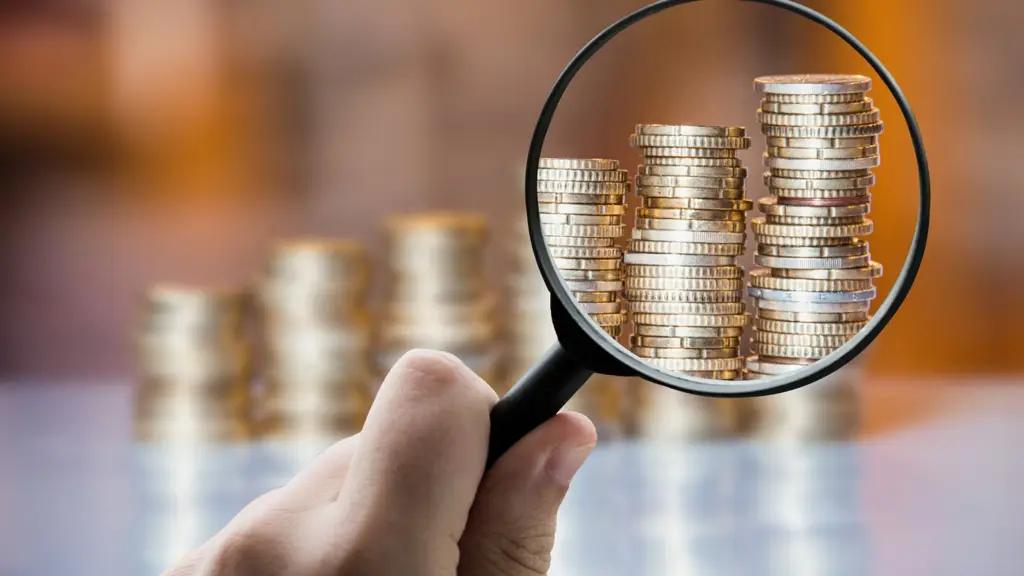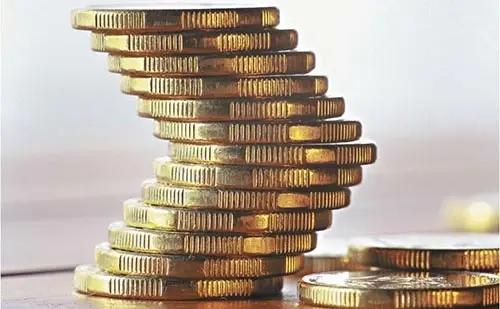
Published
07/11/2025, 11:19The increase in recycling fees in Russia from 1 April 2024 has hit one of Kyrgyzstan's largest import sectors — the supply of cars and spare parts, which accounted for more than 20% of total imports in 2023. Since the beginning of the year, the volume of such supplies has fallen sharply, which has had a particularly negative impact on VAT collection on imports. Its share fell by 2.6 percentage points to 8.6% of GDP.
Nevertheless, despite the external shock, total tax revenues increased and reached 26.1% of GDP.
Analysts at the Eurasian Fund for Stabilisation and Development (EFSD) attribute this to several factors. Firstly, high gold prices increased revenues from taxation of mining companies, growth in revenues from import duties within the EAEU, as well as domestic taxes, which rose by 1 percentage point to 11.1% of GDP — evidence of sustained domestic demand.
This trend is confirmed by domestic trade data. Real retail turnover, excluding cars, grew by 19.9% year-on-year.
As a result, the country's budget for the first quarter was executed with a solid surplus, largely due to the transfer of 45.7 billion KGS of profits from the National Bank.
‘This ensured a record positive balance of 14% of GDP. Even without taking this profit into account, the republican budget remains in the black at 3.2% of GDP, compared to 2.2% a year earlier,’ the authors of the economic review write.
Thus, the decline in transit imports and, as a result, the fall in taxes on foreign trade did not exert critical pressure on the budget. Thanks to domestic consumption, favourable external conditions and one-off revenues from the National Bank, the state managed to maintain stability and demonstrate adaptability in the face of external risks.



